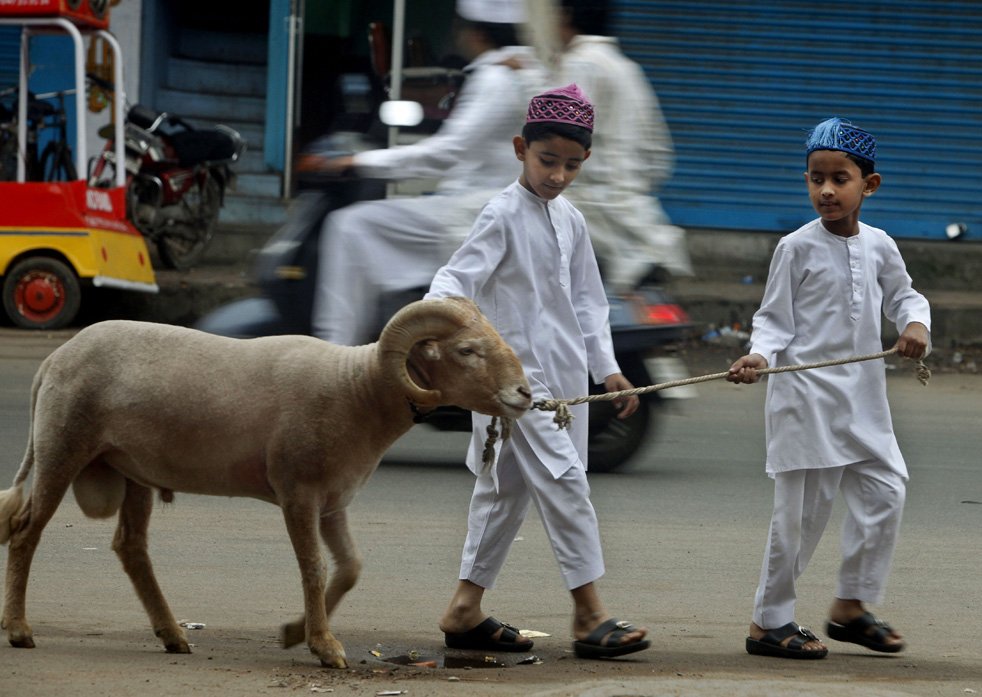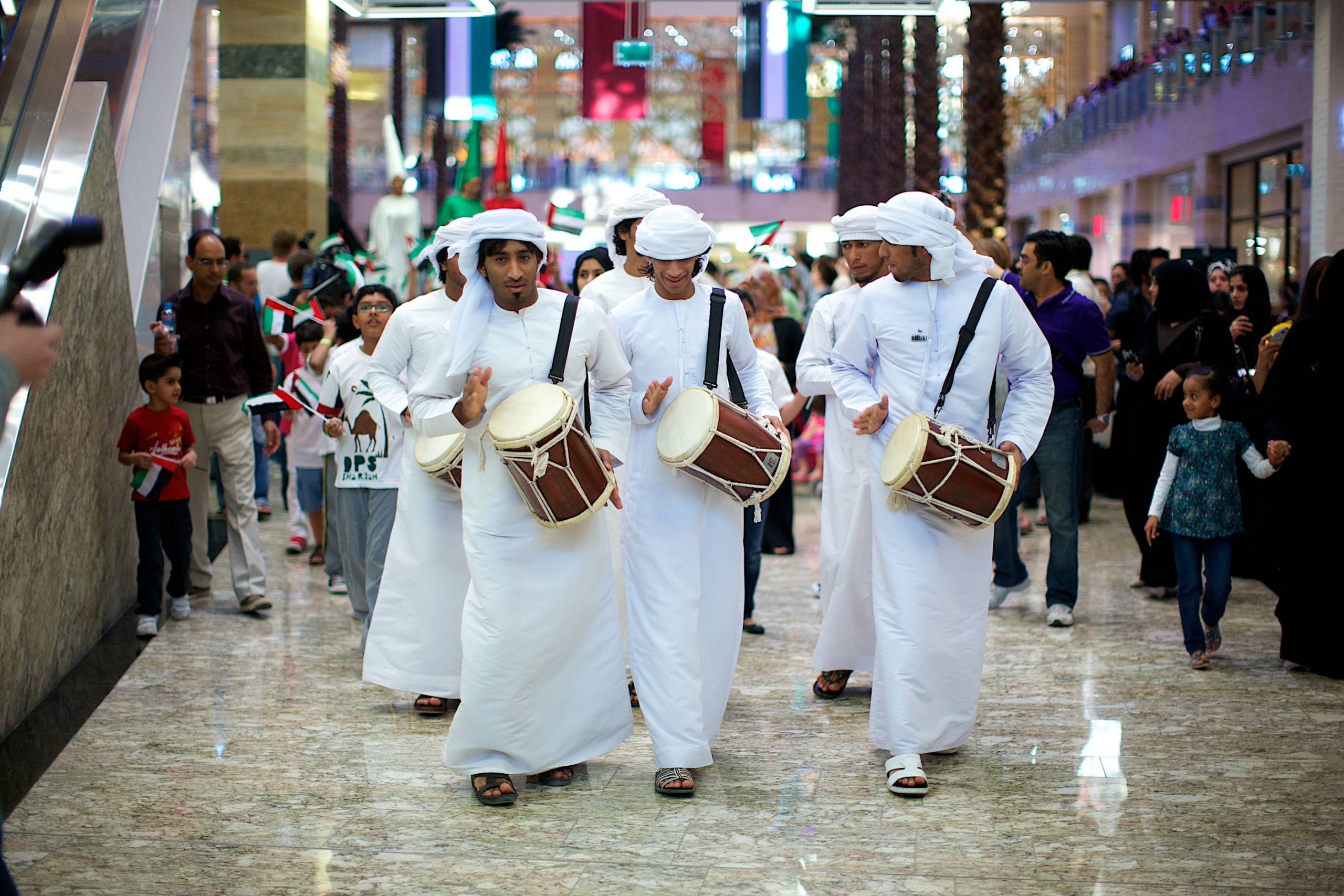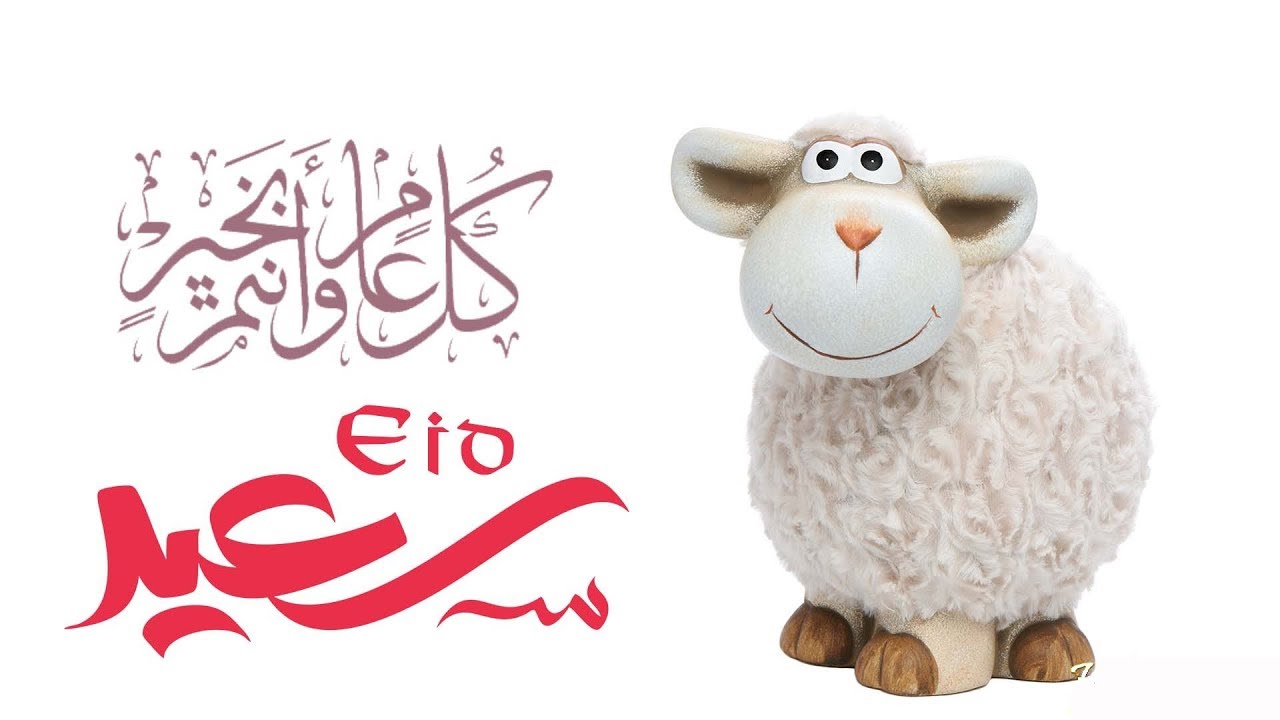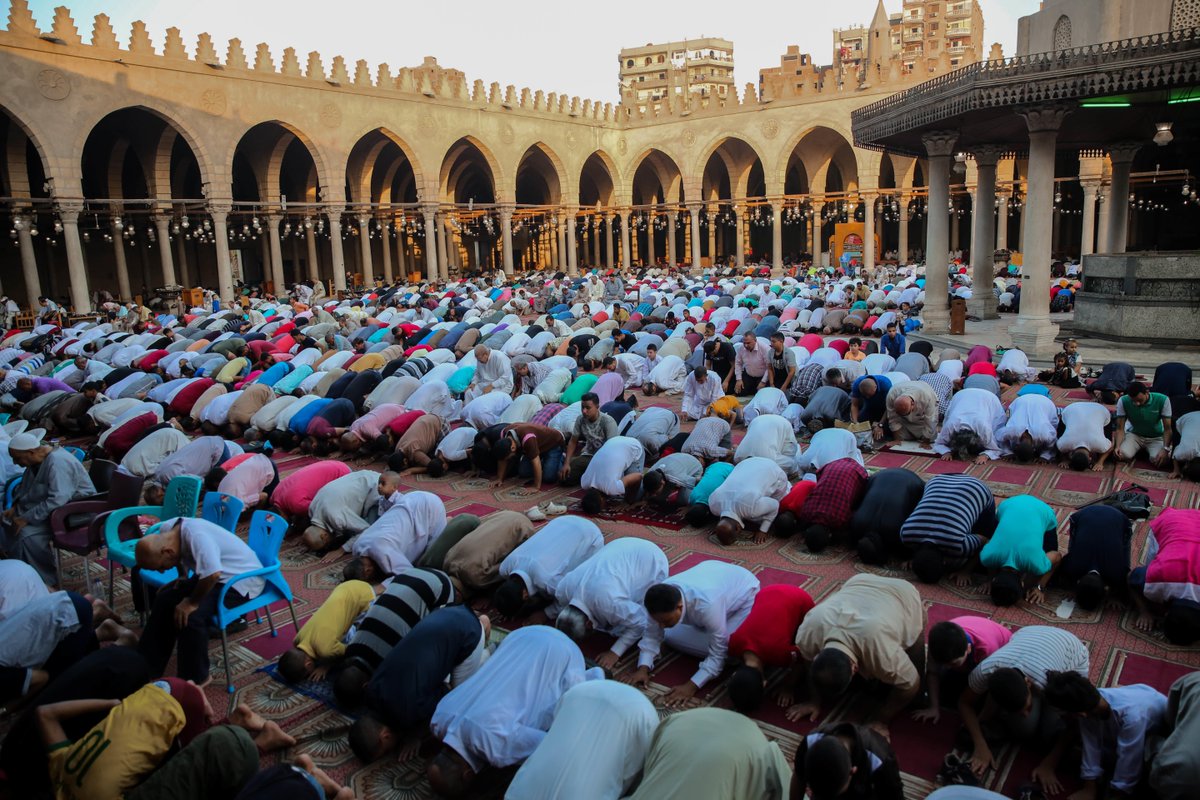Eid al-Adha, also known as the Feast of Sacrifice, is one of the most important festivals celebrated in the Islamic calendar. It marks the end of the Hajj pilgrimage and commemorates the willingness of Prophet Ibrahim (Abraham) to sacrifice his son as an act of obedience to God.
The festival is celebrated on the 10th day of Dhu Hujjah, the last month of the Islamic calendar. It is a time for Muslims worldwide to come together and celebrate with family, friends, and the wider community.
Eid al-Adha
“Eid Mubarak messages” are greetings and well wishes that are exchanged among Muslims during the festival of Eid al-Adha. These messages are often sent through social media, text messages, or cards, and convey a message of happiness, love, and brotherhood. The phrase “Eid Mubarak” itself means “Blessed Eid” and is a common greeting used during the holiday. Eid Mubarak messages can be simple or elaborate, and may include religious quotes or prayers, personal messages, or photos of festive celebrations. Sending Eid Mubarak messages is a way for Muslims to connect with their loved ones and spread joy and positivity during this important holiday.

- Eid al-Adha and Eid al-Fitr, also known as the Festival of Sacrifice, are one of the most important religious holidays Muslims celebrate. This annual Islamic holiday commemorates the willingness of Prophet Ibrahim (Abraham) to sacrifice his son, Ismail (Ishmael), as an act of obedience to God’s command.
- Eid al-Adha is celebrated on the First Ten Days of Dhul-Hijjah, the twelfth month of the Islamic calendar, and lasts for four days. The date of the holiday varies each year because it follows the lunar calendar. The holiday begins with the sighting of the crescent moon, which marks the start of the Islamic month of Dhu Hujjah.
- The celebration of Eid al-Adha begins with Muslims gathering in mosques or outdoor locations for the Eid prayer, which is usually performed in the morning. After the prayer, Muslims typically visit family and friends, exchange gifts, and share food to celebrate the holiday.
- The central act of Eid al-Adha is the sacrifice of an animal, usually a goat, sheep, or cow. This sacrifice represents Prophet Ibrahim’s willingness to obey God’s command, even when it meant sacrificing his son. Muslims who can afford to do so are required to sacrifice an animal and distribute the meat among family, friends, and the needy. This practice is also known as Qurbani.
- The distribution of meat among people in need is an important aspect of Eid al-Adha, as it symbolizes the importance of sharing with those less fortunate. Muslims are encouraged to be generous and charitable during the holiday season and to give to those in need. In many Muslim-majority countries, the government also organizes public Qurbani programs, where the meat from the sacrificed animals is distributed to the poor and needy.
- In addition to sacrificing an animal, Eid al-Adha is also a time for Muslims to reflect on the importance of obedience to God’s commands, sacrifice, and charity. It is a time to remember the values and principles that Prophet Ibrahim embodied and to renew one’s commitment to God.
- Overall, Eid al-Adha is an important and meaningful holiday for Muslims worldwide. It is a time for celebration, reflection, and generosity, and it serves as a reminder of the importance of obedience to God’s commands, sacrifice, and charity.
Islamic Center

An Islamic Center is a place of worship and community for Muslims. It may include a mosque for prayer, classrooms for religious education, and facilities for social events and community gatherings. Islamic Centers may also provide services like marriage counseling, funeral arrangements, and interfaith outreach.
Watch also: Islamic Studies Course Online for Kids in Arabian Tongue
Masjid
A Masjid is an Arabic term for a mosque, a place of worship for Muslims. Mosques can vary in size and architectural style, but all have a designated area for prayer and may also offer religious education classes or community events.
Eid al-Adha Festival
Eid al-Adha is one of the most important holidays in the Islamic calendar. It commemorates the willingness of Prophet Ibrahim (Abraham) to sacrifice his son as an act of obedience to God. The holiday involves prayer, charity, and the sacrifice of an animal (such as a sheep or goat) to share with family, friends, and those in need. Some communities also organize Eid al-Adha Festivals in Islam that feature food, entertainment, and activities for children.
Islamic Society
An Islamic Society is a community organization dedicated to promoting the Islamic faith, providing education and support for Muslims, and fostering positive relationships with people of other faiths. Islamic Societies may offer services like mosque facilities, religious education, social events, and outreach programs.
Muslim Association

A Muslim Association is a community organization that serves as a voice for Muslims in a particular area. It may work to promote the interests of Muslims, provide support and resources for the community, and organize events or activities to unite Muslims. Muslim Associations may also be involved in interfaith work to promote understanding and cooperation between different faith communities.
Frequently asked questions about Eid al-Adha:
Eid al-Adha is one of the two major Islamic holidays Muslims celebrate. It commemorates the willingness of Prophet Ibrahim (Abraham) to sacrifice his son as an act of obedience to God.
Eid al-Adha is celebrated on the 10th day of Dhu al-Hijjah, the 12th and final month of the Islamic lunar calendar. The exact date of Eid al-Adha changes every year, as the Islamic calendar is based on the lunar cycle.
Eid al-Adha is celebrated with prayer, charity, and the sacrifice of an animal (such as a sheep or goat) to share with family, friends, and those in need. Muslims wear their best clothes, visit family and friends, and exchange gifts.
The animal sacrifice during Eid al-Adha represents Prophet Ibrahim's willingness to sacrifice his son and symbolizes Muslims' willingness to make sacrifices for the sake of God. The meat from the sacrifice is shared with family, friends, and those in need and used to feed the poor and vulnerable.
There are no specific dietary restrictions during Eid al-Adha, but it is customary for Muslims to eat meat from animal sacrifice as part of the celebration.
Eid al-Adha is a public holiday in many Muslim-majority countries and is also recognized as a public holiday in some non-Muslim countries with significant Muslim populations. What is Eid al-Adha?
When is Eid al-Adha celebrated?
How is Eid al-Adha celebrated?
What is the significance of the animal sacrifice during Eid al-Adha?
Are there any dietary restrictions during Eid al-Adha?
Is Eid al-Adha a public holiday?
Summary:
Eid al-Adha is one of the two major Islamic holidays Muslims celebrate. It commemorates the willingness of Prophet Ibrahim (Abraham) to sacrifice his son as an act of obedience to God. The holiday involves prayer, charity, and the sacrifice of an animal (such as a sheep or goat) to share with family, friends, and those in need. Muslims wear their best clothes, visit family and friends, and exchange gifts. The animal sacrifice represents Muslims’ willingness to make sacrifices for the sake of God, and the meat is shared with those in need. Eid al-Adha is celebrated on the 10th day of Dhu al-Hijjah, the 12th and final month of the Islamic lunar calendar, and is a public holiday in many Muslim-majority countries.


